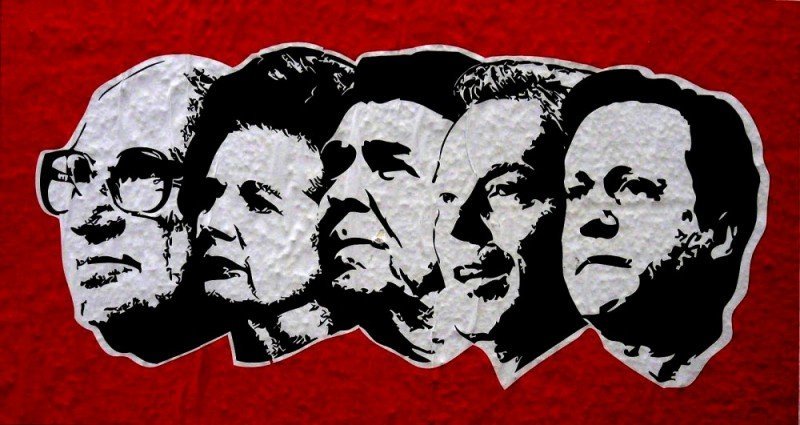The policies of neoliberalism typically support fiscal austerity, deregulation, free trade, privatization, and a reduction in government spending.
Neoliberalism is often associated with the economic policies of Margaret Thatcher in the United Kingdom and Ronald Reagan in the United States. There are many criticisms of neoliberalism, including its tendency to endanger democracy, workers’ rights, and the right to self-determination of sovereign nations.
What is Neoliberalism?
Neoliberalism is a policy model that encompasses both politics and economy and aims to transfer control of economic factors from the public sector to the private sector. Many policies of neoliberalism enhance the workings of free market capitalism and seek to impose limits on government spending, government regulation, and public ownership.
Neoliberalism is generally associated with Margaret Thatcher, British prime minister from 1979 to 1990 and leader of the Conservative Party from 1975 to 1990, and 40th president of the United States (1981 to 1989). ‘) is associated with the leadership of Ronald Reagan. More recently, neoliberalism has been associated with austerity and government attempts to cut spending on social programs.
Understanding Neoliberalism
Neoliberalism is concerned with laissez-faire economics, a school of thought that prescribes minimal government intervention in the economic problems of individuals and society. Laissez-faire economics suggests that continued economic growth will lead to technological innovation, free market expansion, and limited government intervention.
Neoliberalism is sometimes confused with libertarianism. However, neoliberals typically advocate more government intervention in the economy and society than libertarianism. For example, neoliberals often favor progressive taxation, while libertarians often avoid this stance in favor of schemes such as a flat tax rate for all taxpayers.
Additionally, neoliberals do not generally oppose measures such as the bailout of large industries that are anathema to libertarians.
Liberalism and Neoliberalism
At its core, liberalism is a broad political philosophy; holds freedom to a high standard and defines all social, economic and political aspects of society, including but not limited to the role of government. The policies of neoliberalism, on the other hand, are more narrowly focused. They are primarily concerned with policies and measures that affect markets and the economy.

Critique of Neoliberalism
There are many criticisms of neoliberalism.
Free Market Approach in Public Services Is Wrong
One of the common criticisms of neoliberalism is that advocating a free market approach in fields such as health and education is misguided because these services are public services. Utilities are not subject to the same profit motivation as other industries. More importantly, the adoption of a free market approach in health and education can lead to increased inequality and underfunding of the resources (health and education) necessary for the long-term health and viability of an economy.
Monopolies
The adoption of neoliberal policies in the Western world has been accompanied by an increase in both wealth and income inequality. While skilled workers are able to manage higher wages, low-skilled workers are more likely to see wages as stagnant.
Policies associated with neoliberalism tend to encourage the existence of monopolies that increase corporate profits at the expense of consumers.
Increasing Financial Instability
Contrary to what advocates of neoliberalism typically claim, deregulation of capital need not necessarily aid economic development. Rather, the release of capital has led to an increase in financial instability, including broader economic shocks that occasionally send shock waves around the world.
In fact, an International Monetary Fund (IMF) report on neoliberalism reveals that increased capital flows are a factor in increasing the risk of adverse economic cycles.
Inequality
Neoliberal policies have proven to increase inequality. And this inequality can hinder an economy’s long-term growth prospects. At one end of the spectrum, low income earners have limited spending power. At the same time, those who get richer are more likely to save; In this scenario, wealth does not drip, as neoliberalists claim.
Globalization
Finally, neoliberalism’s emphasis on economic efficiency fostered globalization, which critics saw deprived sovereign nations of self-determination. Opponents of neoliberalism also say that the call to replace state-owned companies with private ones can reduce productivity: While privatization can increase productivity, they argue that recovery may not be sustainable due to the limited geographical space of the world. Those who are against neoliberalism also add that it is anti-democratic, can lead to exploitation and social injustice, and criminalize poverty.




